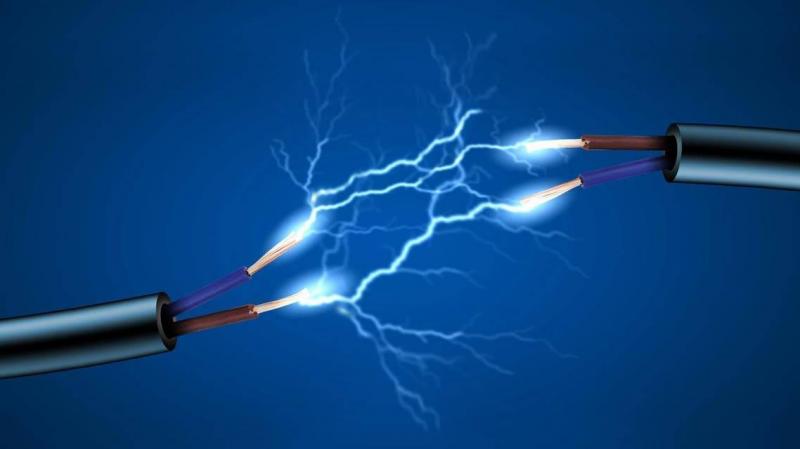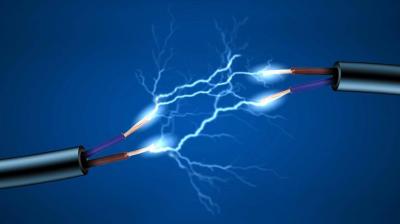Britain and Morocco are preparing to lay the world's longest underwater power cable, measuring 3,800 kilometers and costing up to £16 billion (approximately $21 billion). The aim of the project is to provide Britain with "environmentally friendly" energy, as this cable is expected to transmit electricity generated from solar and wind power in Morocco to the UK, sufficient to meet the needs of millions of residents there.
According to Aziz Rabbah, Morocco's Minister of Energy, Mines, and Environment, the project has received preliminary approval from the Moroccan side and is now awaiting detailed studies to commence.
Dave Lewis, the CEO of the company responsible for the project, revealed that £800 million has been raised to build three production facilities in the UK, in response to the growing demand for underwater electrical cables used in offshore wind farms and interconnectors. Lewis stated in an interview with the Financial Times, "We have secured with the Moroccan government about 1,500 square kilometers, and on that land, we will construct a solar farm, a wind farm, and batteries that will collectively produce around 10.5 gigawatts of energy."
In the same article titled "UK Startup Plans to Build the Longest Undersea Power Cable in the World with Morocco," Lewis mentioned that Xlinks proposes completing the connection between Morocco and the UK for £16 billion by the end of this decade, which would provide enough electricity to power over 7 million British homes.
The project aims to produce clean energy continuously in Morocco, utilizing sunlight during the day and wind at night, with battery backup to help bridge gaps. According to the project owner, "This is renewable energy produced without interruption, and we will not have any outages."
Additionally, some of the electricity generated in Morocco will be transferred to a site in Devon via four undersea cables with a combined capacity of 3.6 gigawatts. Bloomberg reported, citing sources from the British company, that they "plan to start laying cables in 2025, targeting the completion of the first half of the project by 2027 and the remainder by 2029."
It is noteworthy that the UK recently completed the longest existing electrical interconnection in the world, between Norway and Northumberland in northeast England, which cost around €2 billion and spans 720 kilometers.
**Morocco: A Model in Renewable Energy**
Morocco has become a model for clean energy production. The Middle East Policy Council, a research center based in Washington, revealed that Morocco has established itself as a leader in renewable energy over the past decade, ranking at the top of countries in the Middle East and North Africa.
According to a detailed report from the center, Morocco ranks first in the Middle East and North Africa on the "Green Future" index released by MIT Technology Review, which assesses 76 countries and regions.
In 2009, Morocco set a target to achieve 42% renewable energy capacity by 2020. Today, the goal is to reach 52% capacity by 2030.
**Moroccan-British Cooperation**
This anticipated energy collaboration is part of a series of steps aimed at strengthening the relationship between Rabat and London. Political analyst Mustafa Tossa expressed his expectation that Moroccan-British relations will take historic turns and show notable development, especially with discussions of the UK potentially recognizing Morocco's sovereignty over Western Sahara, following in the footsteps of the United States.
Tossa stated in an interview with Sky News Arabia that these bilateral relations will develop, particularly after Brexit, as Britain has interests in the region and aims to establish special relations with Mediterranean countries, with Morocco being strategically located and considered the main gateway to Africa for Europe.
The journalist and political analyst added that the economic partnership between Morocco and Britain will inevitably compete with the strategic partnership currently in place between Morocco and the European Union. Britain will take advantage of the strained relations between Rabat and some EU countries to strengthen economic, security, and military ties with Morocco.




